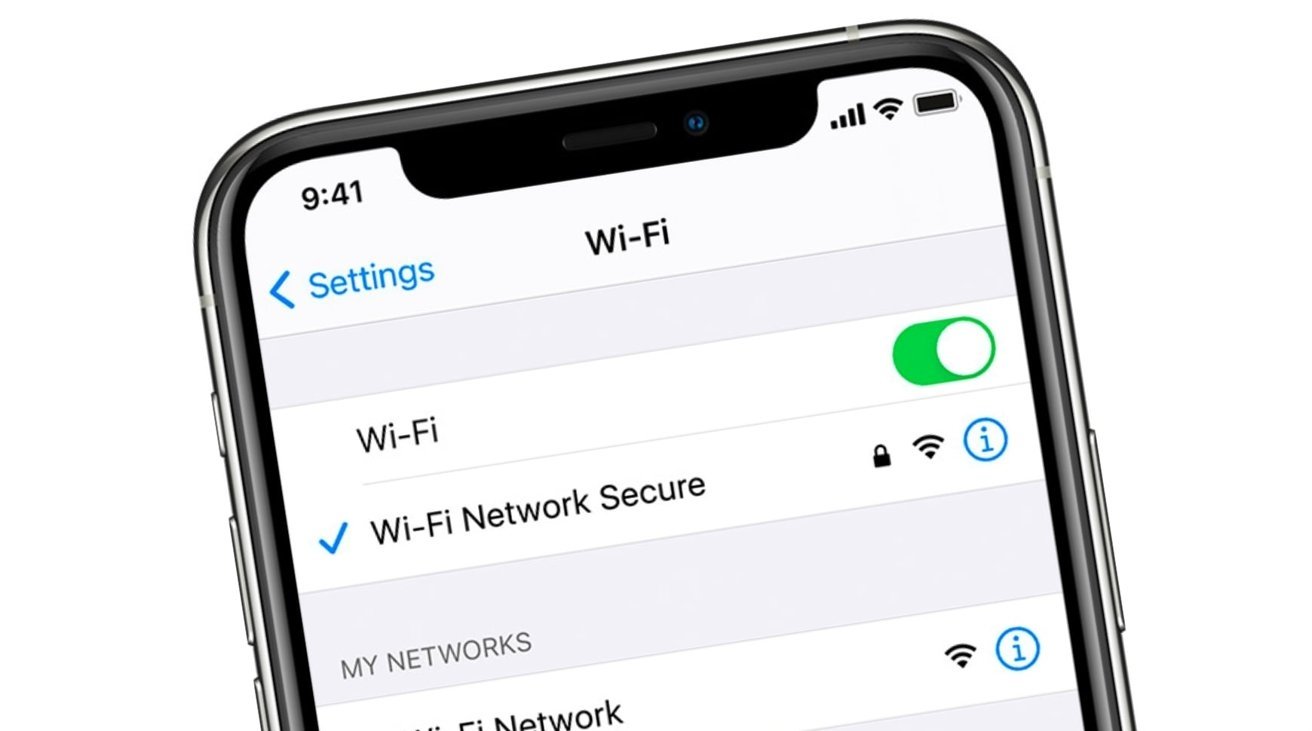Biden administration: Apple & Broadcom should quit stalling and pay Caltech $1.1 billion in damages
Last updated
Following Apple and Broadcom's $1.1 billion combined loss in court, the US Solicitor General has asked the Supreme Court to block the pair's attempt to invalidate Caltech's patents at the core of the suit.
The California Institute of Technology (Caltech) originally sued Apple and Broadcom in 2016, over infringement of multiple Wi-Fi technology patents. Caltech won the case in 2020, with Apple and Broadcom together being ordered to pay $1.1 billion in damages.
Following that defeat, Apple and Broadcom claimed that there had been "multiple legal errors" in the trial, and called for the result to be overturned. In February 2022, the two firms were denied a retrial over the patent infringements, but were granted a new trial to have the $1.1 billion sum reconsidered.
A trial date for that has yet to be determined but, separately, Apple has also been arguing that Caltech's patents are invalid. According to Reuters, the Biden Administration has now backed the 2020 finding, and asked the Supreme Court to dismiss Apple's claims.
US Solicitor General Elizabeth Prelogar said in a court filing that "further review is not warranted," after a lower court ruled against Apple.
"Apple took full advantage of the review process," continues Prelogar, "including by conducting discovery, submitting multiple motions, and — after the USPTO ruled against it — unsuccessfully appealing to the Federal Circuit."
The original case centered on Wi-Fi codes that simplify data encoding and decoding, thereby improving the performance of data transmission. During the course of its subsequent appeals — but not the original trial — Apple argued that there was "prior art" that rended the patents invalid.
"It is undisputed that, at the time Apple filed its petitions for inter partes review, it was aware of certain additional prior-art combinations that it believed provided a basis for invalidating respondent's patents," writes the US Solicitor General. "But Apple's petitions did not identify these additional prior-art combinations as bases for finding the challenged patent claims invalid."
Referring to the legal terms regarding the presentation of evidence, Prelogar says that "Apple 'reasonably could have raised' these grounds during the instituted reviews."
Apple reportedly says that it "strategically withheld certain arguments" because they largely involved "different permutations" of the prior art that the company did present earlier.
Apple, Broadcom, and Caltech have yet to comment publicly on the US Solicitor General's recommendation.
 William Gallagher
William Gallagher














 Amber Neely
Amber Neely
 Thomas Sibilly
Thomas Sibilly
 AppleInsider Staff
AppleInsider Staff

 Malcolm Owen
Malcolm Owen
 Christine McKee
Christine McKee










17 Comments
Accepting the above at face value, the validity of the cal tech patents have not be adjudicated. The US and Cal Tech argument is purely procedural and not substantive.
I, for one, don't want patents to exist which violate basic patent law concepts such as prior art.
What the heck is up with this administration???
this is a PRIVATE SECTOR DISPUTE!
This, from the Zombie administration . . .
In patent, cases, such as this always challenge the patent validity upfront, because the patent office seems to grant patents for just about anything, their philosophy appears to be, people, companies or any other interested party should fight it out in court later. In short, the patent office doesn’t want to take any real responsibility.
I might add the upper division (the corpocracy ) actually prefers it this way, so change probably isn’t going to happen.